India-Pakistan tensions surge as Islamabad warns of imminent military strike
- Update Time : Thursday, May 1, 2025
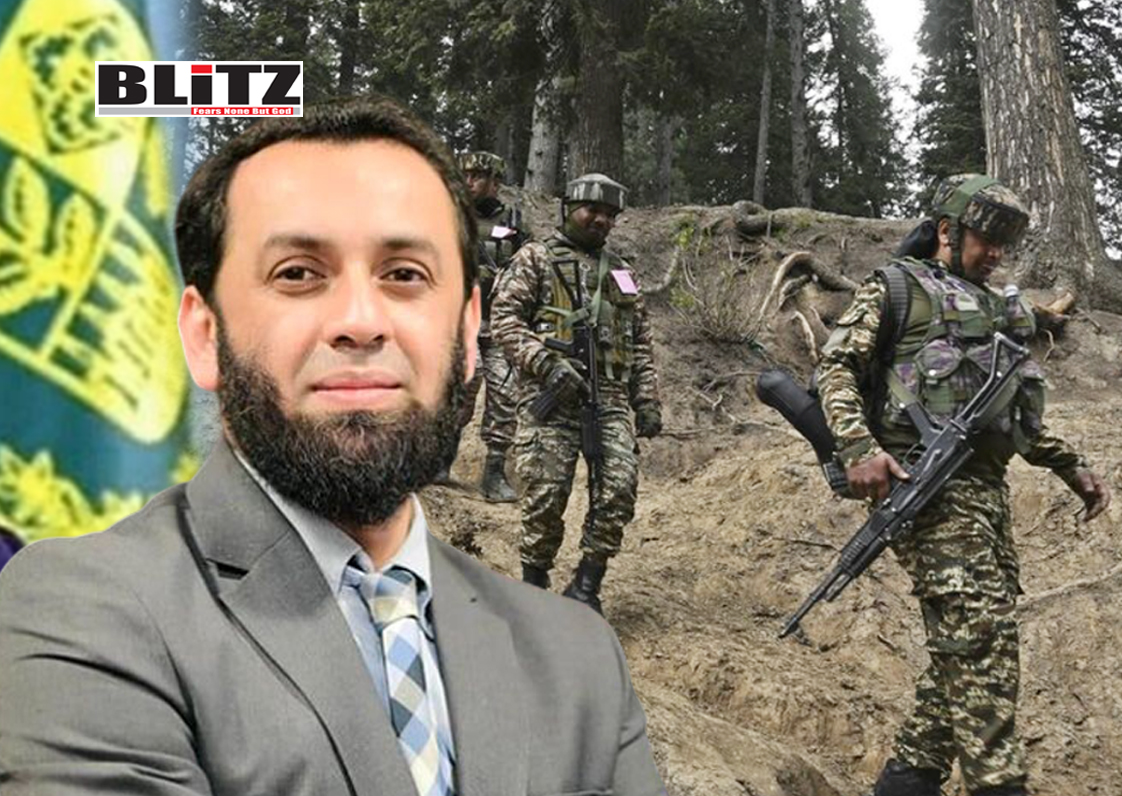
Tensions between India and Pakistan, two nuclear-armed neighbors with a volatile history, have sharply escalated following a deadly terrorist attack in India’s Jammu and Kashmir union territory. As accusations fly and military posturing intensifies, the risk of a direct confrontation is once again looming large over South Asia.
On April 29, Pakistan’s Information Minister Attaullah Tarar made a dramatic announcement, alleging that India is planning to launch a military strike against Pakistan within the next 24 to 36 hours. “Pakistan has credible intelligence that India intends to launch a military strike, using the Pahalgam incident as a false pretext,” Tarar stated on X (formerly Twitter). He warned that any act of aggression would be met with a “decisive response” and placed full responsibility for any serious consequences on India.
Tarar’s statement came after Indian Prime Minister Narendra Modi authorized the Indian armed forces with “full operational freedom” to choose the mode, targets, and timing of a response to the terrorist attack on April 22 in Pahalgam, southern Kashmir. That attack, which killed 26 civilians-mostly domestic tourists-was the deadliest incident in the region since the 2019 Pulwama suicide bombing that killed 40 paramilitary personnel.
The recent massacre was carried out at a popular picnic spot and shocked the nation. The Resistance Front (TRF), believed to be an offshoot of the Pakistan-based jihadist organization Lashkar-e-Taiba (LeT), reportedly claimed responsibility for the attack. In response, New Delhi swiftly accused Islamabad of supporting cross-border terrorism-an allegation Pakistan denies.
In an emergency security meeting attended by key Indian defense and security officials-including Defense Minister Rajnath Singh, National Security Advisor Ajit Doval, and Chief of Defense Staff General Anil Chauhan-Prime Minister Modi reportedly emphasized that India must “deal a crushing blow to terrorism.”
Modi’s statements have grown increasingly hawkish. Speaking at a political rally in Bihar, he emotionally declared, “We will pursue them to the ends of the Earth.” Later, he warned that “the conspirators and perpetrators of this attack will face the harshest response.” His rhetoric suggests that India is prepared to escalate its counterterrorism efforts well beyond its borders if necessary.
Indian media has reported that four large-scale counterterrorism operations are already underway across Jammu and Kashmir, with a particular focus on southern regions like Pulwama, a previous hotspot for terror activities. Public parks and gardens in vulnerable areas have been closed as security forces conduct sweeping search operations across rural and forested areas.
Pakistan, meanwhile, has categorically denied any involvement in the Pahalgam attack. In an interview with Al Jazeera, Pakistani Defense Minister Khawaja Asif went so far as to suggest that the Pahalgam attack could have been a “false flag” operation staged by India to create a justification for military action against Pakistan.
At the United Nations, India’s Deputy Permanent Representative Yojna Patel firmly rejected Pakistan’s accusations, condemning Islamabad for making “baseless allegations” and highlighting what she described as Pakistan’s long-standing record of providing sanctuary to terrorists.
This diplomatic sparring is reminiscent of past episodes where terrorism and accusations have pushed the two neighbors dangerously close to war.
The Kashmir dispute has been at the heart of Indo-Pakistani tensions since the partition of British India in 1947. The region is divided by the Line of Control (LoC), but both countries claim it in full. Three major wars and countless skirmishes have been fought over Kashmir, and the possibility of another conflict always simmers beneath the surface.
The Pulwama attack in 2019 similarly led to a sharp escalation. In its aftermath, India carried out air strikes deep inside Pakistani territory, targeting what it claimed were Jaish-e-Mohammed terrorist camps in Balakot. That incident marked the first time since the 1971 Indo-Pakistani War that Indian fighter jets crossed the LoC, and it brought the two sides perilously close to full-scale war.
Now, parallels with 2019 are hard to miss. India has again expelled Pakistani diplomats, suspended visas for Pakistani citizens, closed the land border, and even suspended the Indus Waters Treaty, a key accord over the sharing of river waters between the two countries.
The international community is watching the unfolding crisis with increasing alarm. Any military confrontation between India and Pakistan risks spiraling out of control, particularly given both nations’ nuclear arsenals. A single miscalculation could have catastrophic consequences not only for South Asia but for global security.
The United States, China, Russia, and the United Nations have historically urged both sides to exercise maximum restraint during previous flare-ups. However, with both Indian and Pakistani leaderships appearing politically and emotionally invested in demonstrating strength, external diplomatic efforts may find limited traction.
At the same time, the geopolitical backdrop has changed. India’s rising profile as a strategic partner of Western nations, particularly the United States, may complicate traditional calls for neutrality. Pakistan, for its part, faces economic instability and a strained relationship with many of its erstwhile allies, including the Gulf states, leaving it with limited diplomatic leverage.
Given the signals from New Delhi, India appears determined to respond militarily in some form. The key question is whether it chooses a limited, precision operation-as it did in Balakot-or opts for a broader escalation to reshape the security dynamics in Kashmir.
For Pakistan, any Indian military strike, however limited, will demand a visible response to avoid perceptions of weakness domestically and internationally. Islamabad’s military doctrine emphasizes robust retaliation, and its armed forces are reportedly on high alert.
Meanwhile, civilian populations on both sides of the LoC are bracing for the worst. Memories of past conflicts, marked by artillery shelling, aerial dogfights, and border skirmishes, remain fresh.
For now, the world watches anxiously as India and Pakistan edge once again toward the brink. With tensions at a fever pitch and nationalist fervor running high, the next 24 to 36 hours could determine whether the region steps back from confrontation-or plunges into yet another chapter of conflict and tragedy.




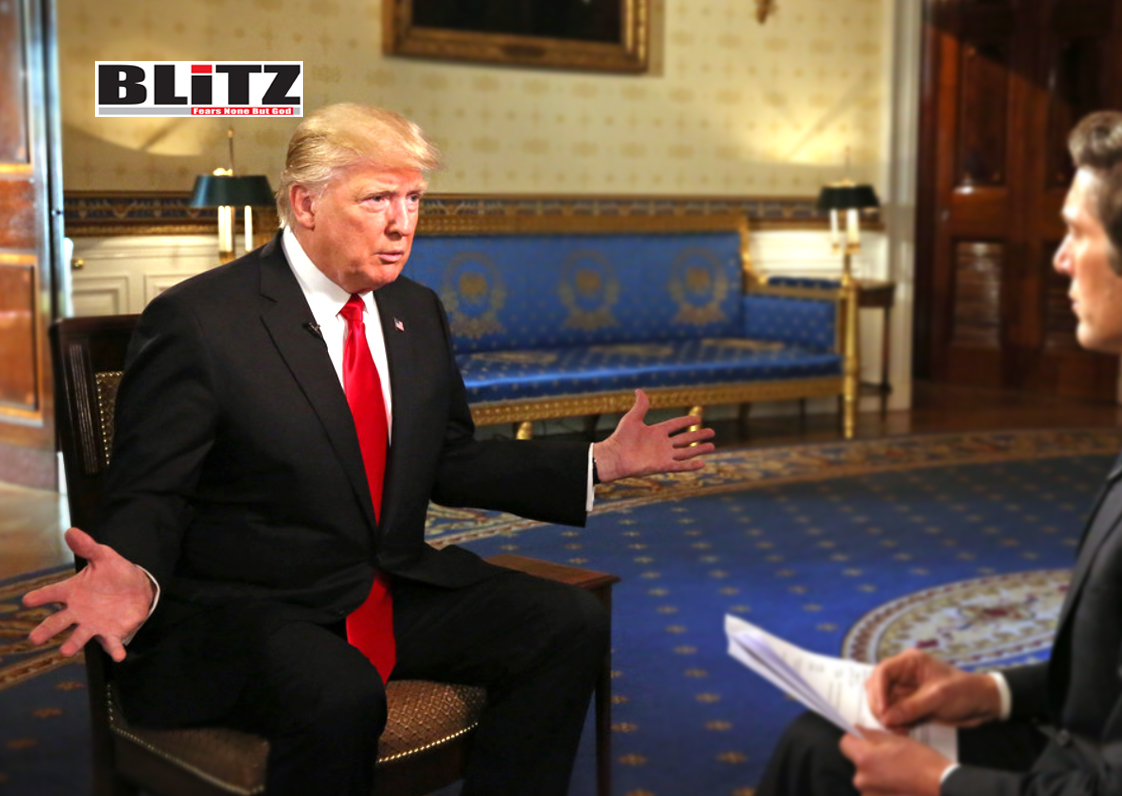
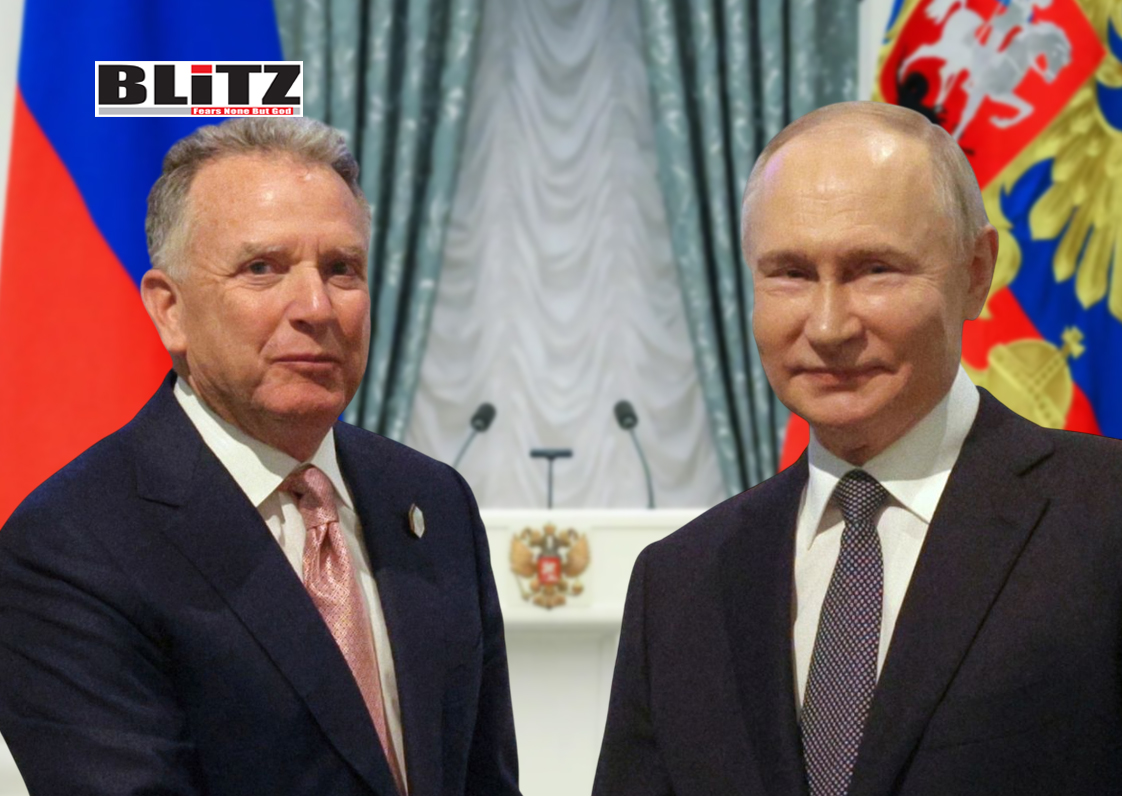
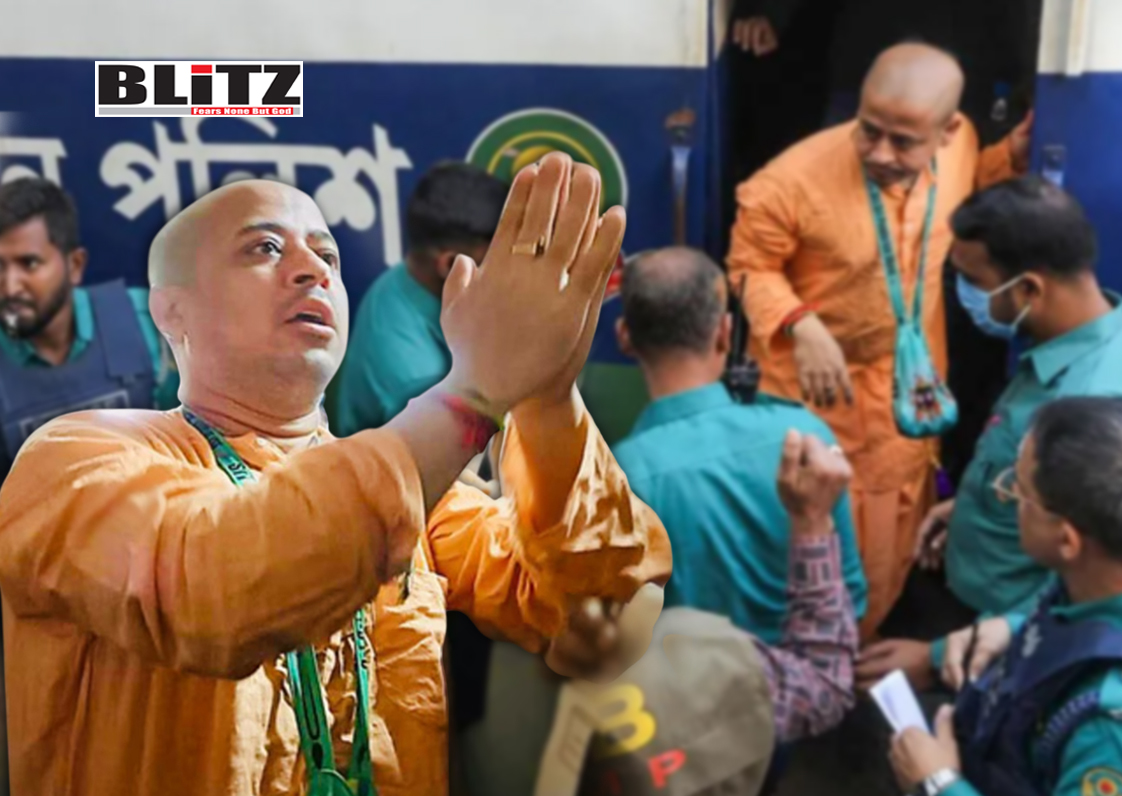
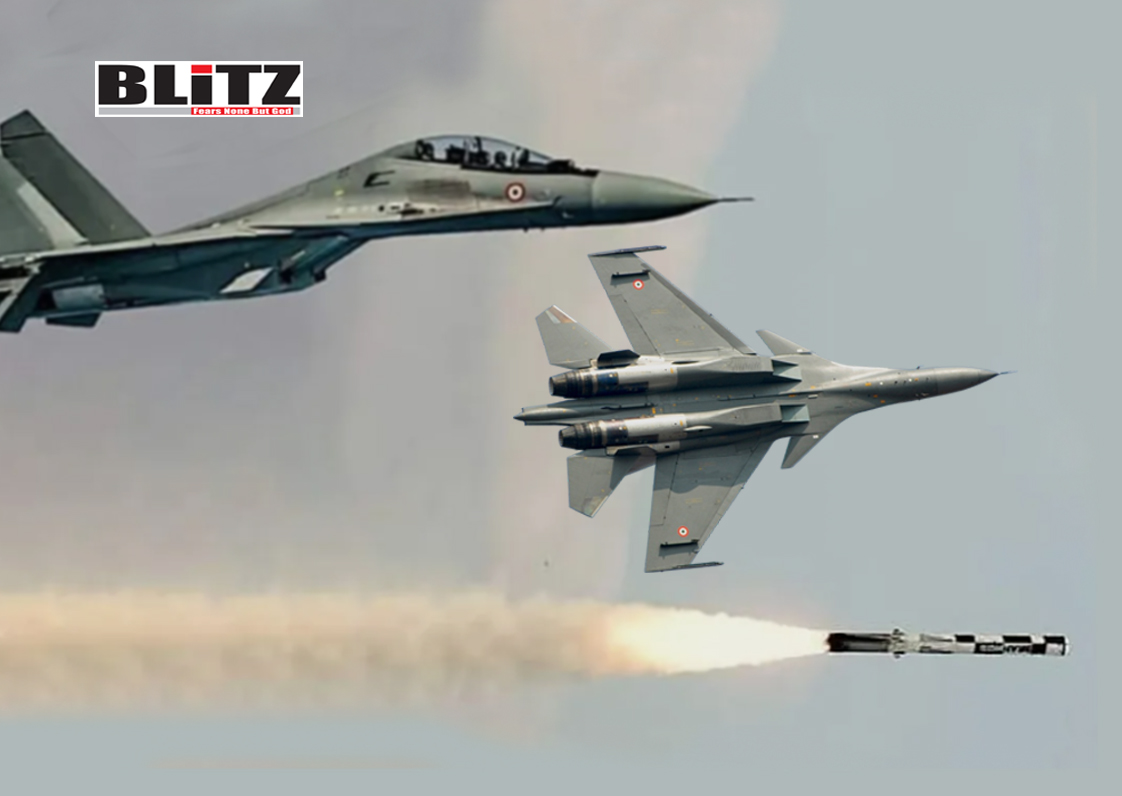
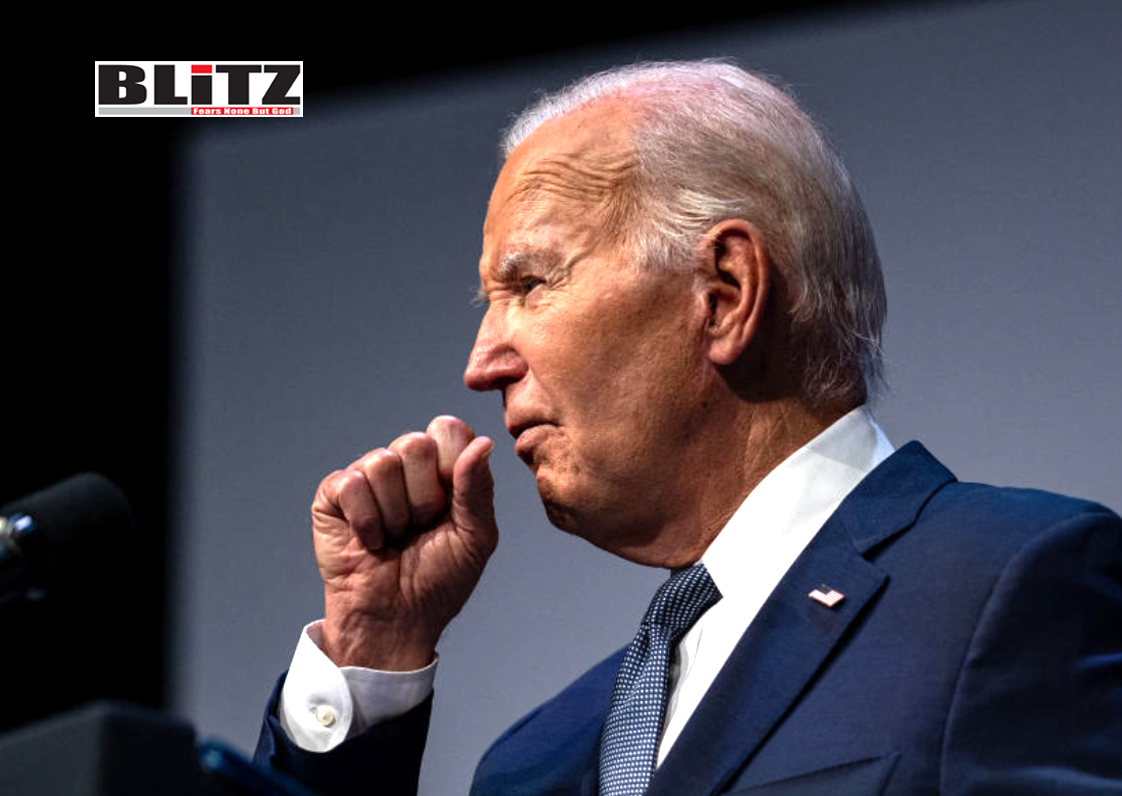


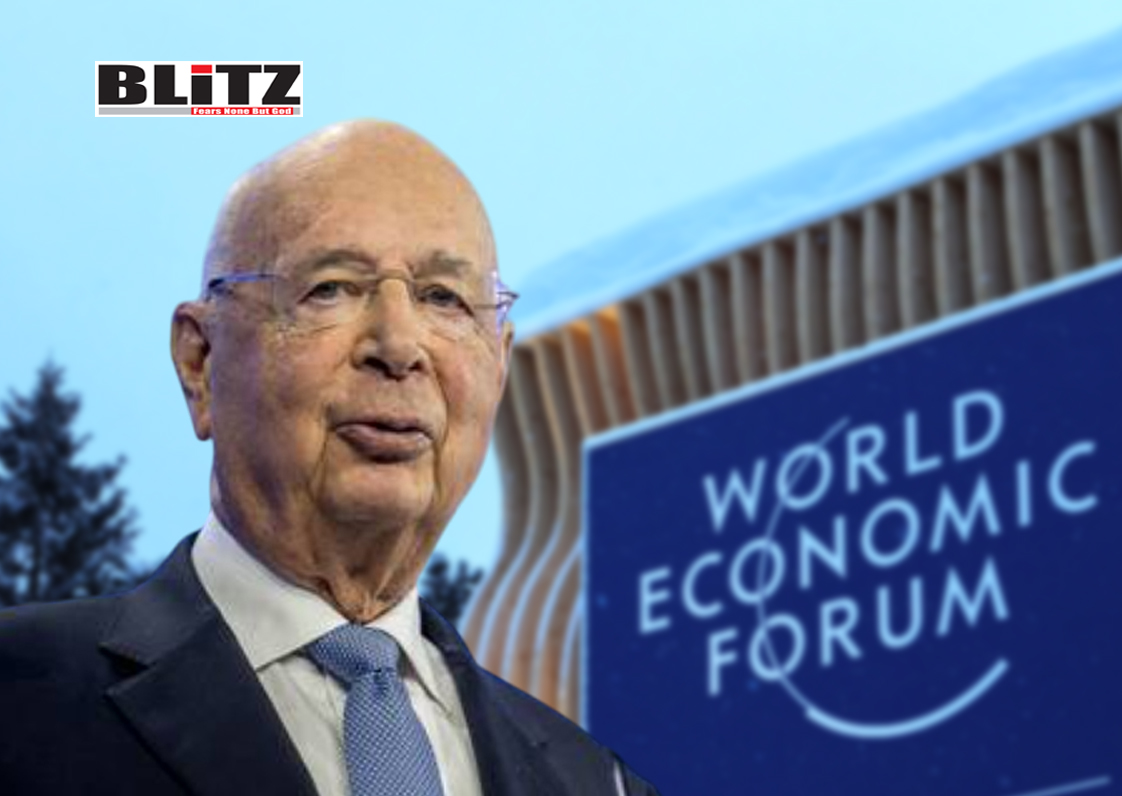
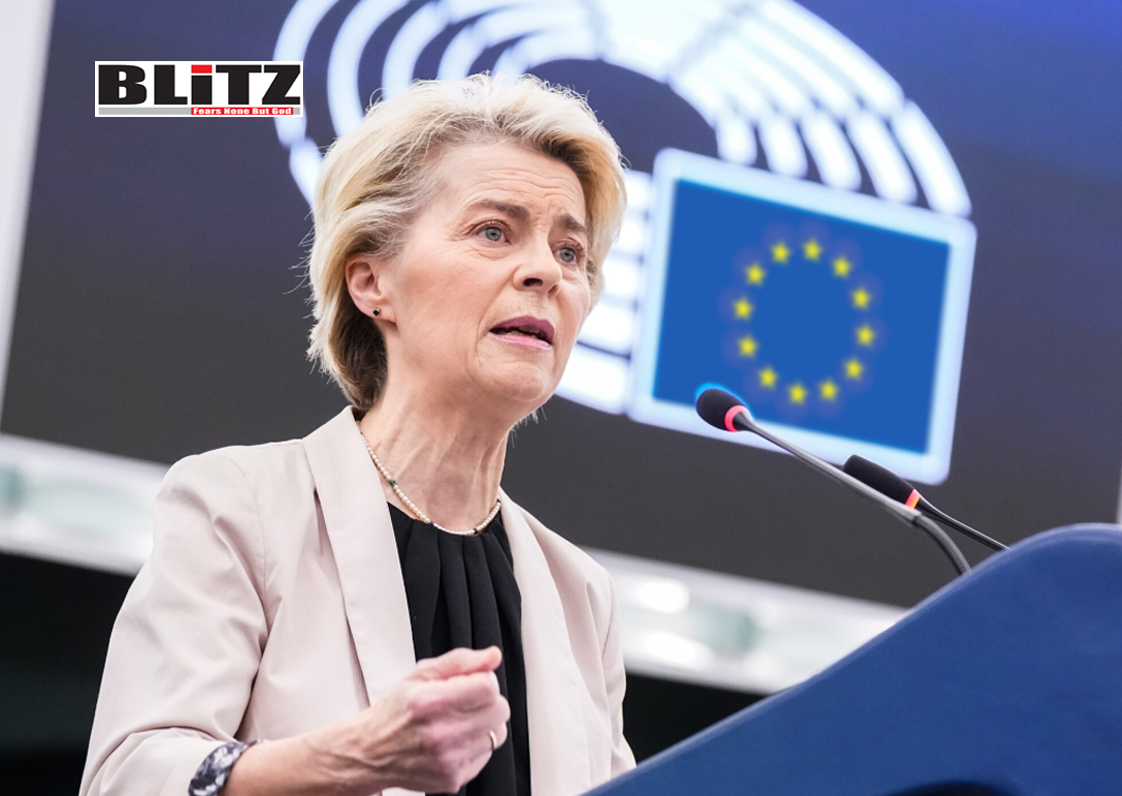
Leave a Reply